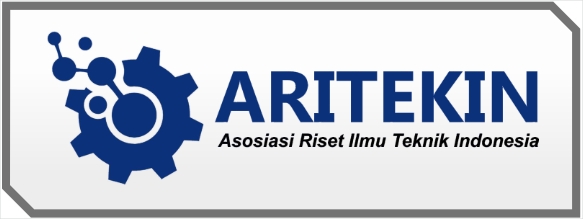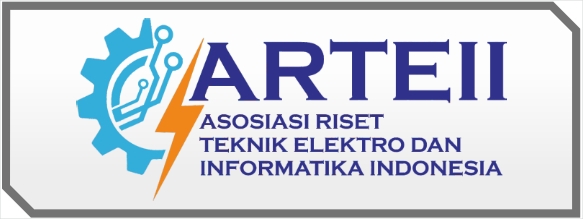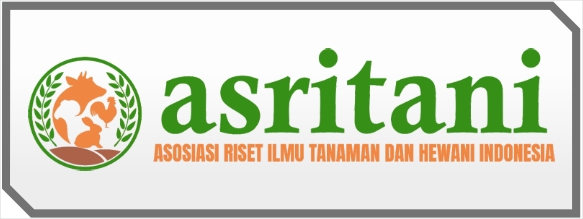Perbandingan Kelayakan Usahatani Padi Semi Organik Dan Non Organik
Studi Kasus Pada Kelompok Tani Taruna Tani Muara Hurip Di Kelurahan Cikalang Kecamatan Tawang Kota Tasikmalaya
DOI:
https://doi.org/10.59581/jtpip-widyakarya.v1i3.1285Keywords:
Rice Semi-Organic And Non-Organic, Total Cost, Total Revenue, FeasibityAbstract
Rice is included in the class of annual crops or young plants, namely plants that are usually short-live less than one year and only one time to produce, after the planting period ends the plant will die or be replaced by a new plant. Rice plants have a stems that are branched, the leng of stem depends on the type. Local types of rice have longer stems than superior types of rice. Rice stem segments are hollow and round, as with other plants, the roots of the rice both taproot and fibrous roots are branched. In the agricultural cultivation system requires technology to facilitate farming activites. One of the farmer groups that cultivate semi-organic and non-organic rice is the Muara Hurip Taruna Tani Farmer Groups. This reaserch aims to determine the cost, revenue, and comparison of the feasibility of semi-organic and non-organic rice farming. The results showed that the total cost incurred by semi-organic rice farmers was Rp. 3.282.823,73 while the total cost for non-organic rice farmers was Rp. 4.792.901,73. Total revenue for semi-organic rice farmers amounted Rp. 20.400.000,00, while for non-organic rice farmers revenue amounted Rp. 13.200.000,00. R/C ratio of semi-organic rice farming is greater at 6,21, meaning that every one Rupiah of capital spent obtained revenue Rp. 6,21. While the value of the R/C ratio of non-organic rice farmers is 2,75, meaning that every one Rupiah of capital spent obtained revenur Rp.2,75. This shows that for both farms is feasible to cultivate.
References
Herawati WD. 2012. Budidaya padi. PT. Buku Kita. Jakarta.
Nanang Rahmad, (2017). Analisis Kelayakan Padi Organik. Universitas Muhammadiyah. Sumatera Utara.
Sutanto, (2020), pengaruh berbagai media tanam dan konsentrasi unsur boron (B) terhadap pertumbuhan dan produksi usahatani padi semi organik dan non organik. Diploma Thesis, UIN Sunan Gunung Djati Bandung, 1–8.
Tri Waluyo, (2020), Pengaruh Pemberian Naungan Terhadap Pertumbuhan dan Hasil Pada Tiga Varietas Tanaman Stroberi (Fragaria chiloensis L.) The Effect Of Shade On Growth and Yield Of Strawberry On Three Varietes (Fragaria chiloensis L.). Jurnal Produksi Tanaman, 7(1), 1–7. https://doi.org/https://doi.org/10.21776/972.
Yuwinti Nearti, (2020). Analisis Kelayakan Usahatani Padi Sawah (Oryza sativa). Universitas Sumatera Selatan.
Downloads
Published
How to Cite
Issue
Section
License
Copyright (c) 2023 Agus Abdul Azis, D.Yadi Heryadi, Ulpah Jakiyah

This work is licensed under a Creative Commons Attribution-ShareAlike 4.0 International License.















